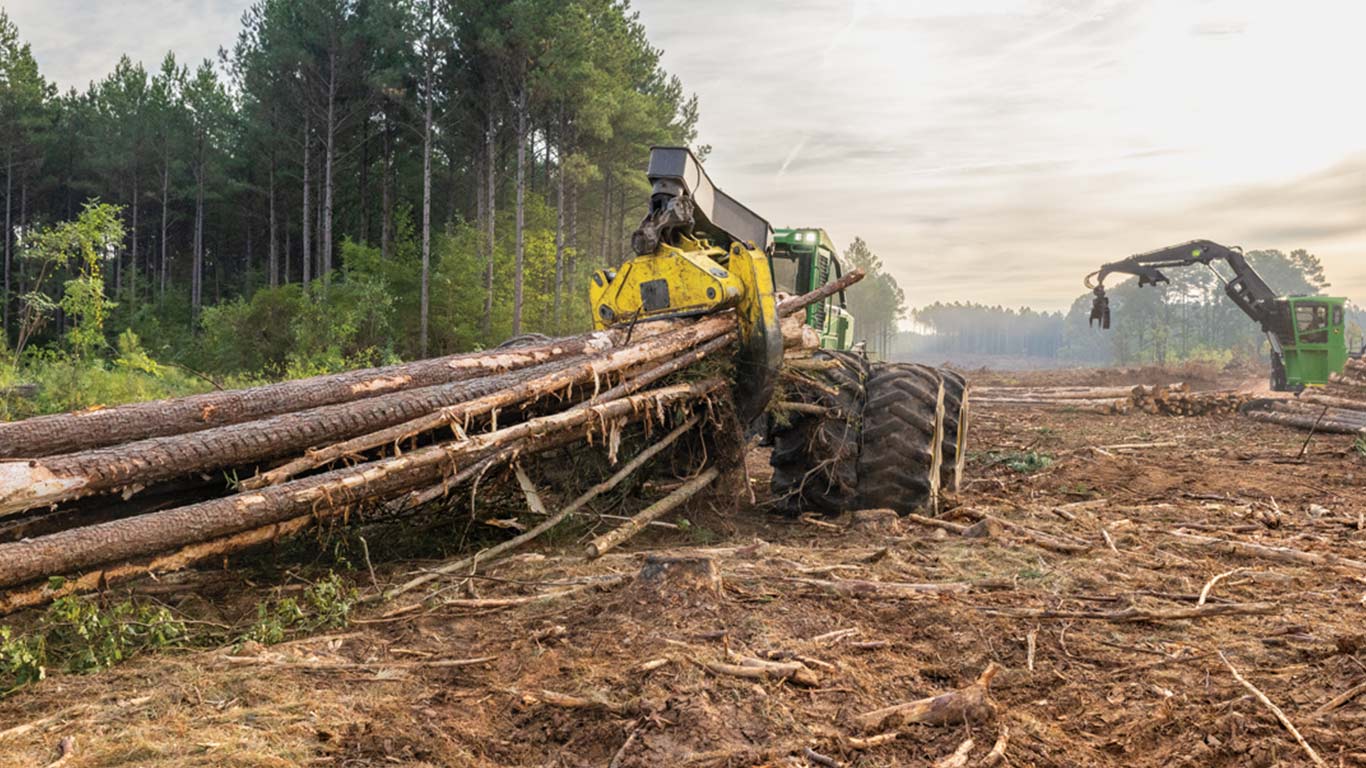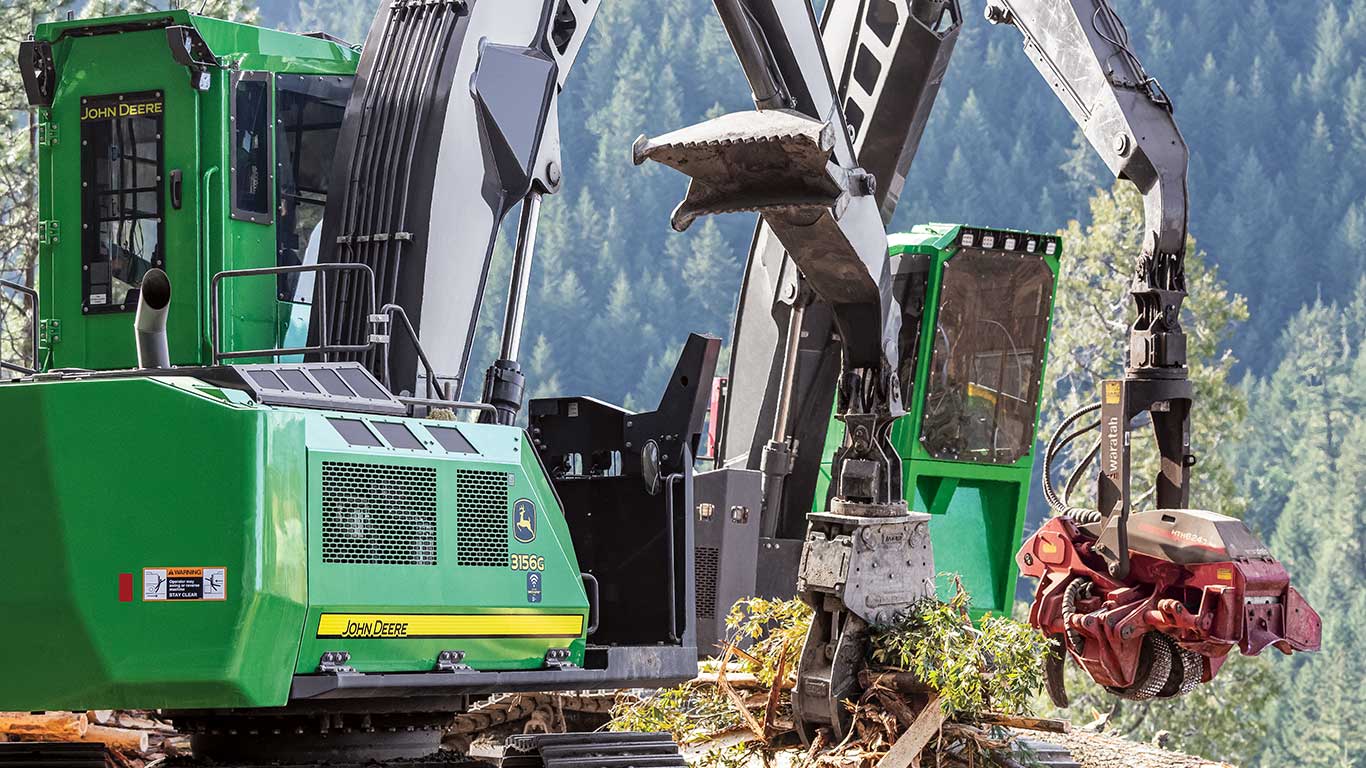


Following In Their Footsteps
Glenn Trexler & Sons Logging has embraced cutting-edge technology
![]() 6 MIN READ
6 MIN READ

Overcoming Steep Odds
Dean Logging is winning the uphill battle of steep-slope logging in Oregon
![]() 6 MIN READ
6 MIN READ


Glenn Trexler & Sons Logging has embraced cutting-edge technology
![]() 6 MIN READ
6 MIN READ

Dean Logging is winning the uphill battle of steep-slope logging in Oregon
![]() 6 MIN READ
6 MIN READ